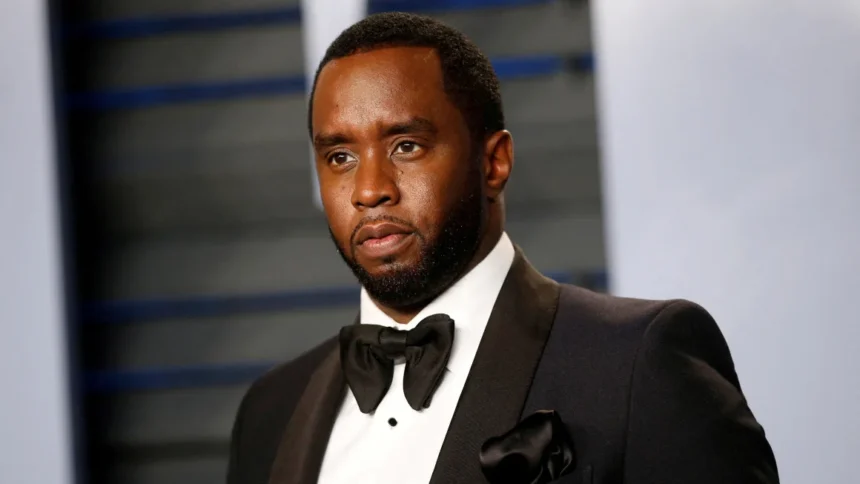A Partial Verdict Reached in Sean “Diddy” Combs’ High-Profile Sex Trafficking Trial
After weeks of intense deliberation, a jury delivered a partial verdict in the highly publicized sex trafficking trial of music mogul Sean “Diddy” Combs. However, the most serious charge of racketeering remained unresolved, leaving the case in a state of uncertainty.
The jury’s note to Judge Arun Subramanian indicated that they had reached a verdict on four out of the five counts against Combs but were deadlocked on the racketeering charge. The jurors expressed strong opinions on both sides of the issue, leading to the impasse.
Despite the partial verdict, Judge Subramanian instructed the jury to continue deliberating on the racketeering charge and reconvene the following day to reach a final decision.
The racketeering charge accuses Combs of running a criminal organization that coerced women into engaging in prolonged sexual activities with escorts. If found guilty, Combs could face a potential life sentence. In addition to racketeering, he is also facing two counts of sex trafficking and two counts of transportation for prostitution purposes.
The trial stems from allegations made by Combs’ former partner, singer Casandra “Cassie” Ventura, who filed a civil lawsuit accusing him of sexual, physical, and emotional abuse. While the civil case was settled out of court for $20 million, it triggered a series of related civil suits and ultimately led to criminal charges against Combs.
The prosecution presented a case filled with harrowing testimonies from women who described being coerced into degrading sex parties and former employees who recounted instances of violence. Thousands of pages of evidence, including phone records, financial documents, and audiovisual materials, were presented to support the prosecution’s claims.
Central to the prosecution’s case is the assertion that Combs led a criminal enterprise comprised of senior employees who carried out his illegal activities, including forced labor, drug distribution, kidnapping, bribery, witness tampering, and arson.
Defense attorney Marc Agnifilo countered these claims by highlighting that none of the employees implicated in the alleged criminal enterprise testified against Combs or were named as co-conspirators. Many were granted immunity to avoid self-incrimination.
To secure a racketeering conviction, the jury must unanimously agree that Combs conspired with others to commit at least two of eight specified crimes beyond a reasonable doubt.
Combs is specifically facing sex trafficking charges related to Ventura and another witness known as Jane, both former long-term partners who testified about their experiences of abuse and coercion. While the defense acknowledged instances of physical violence, they denied that it amounted to sex trafficking or racketeering.
In his defense, Agnifilo portrayed Combs as a successful Black entrepreneur whose relationships were complex but consensual. He questioned the credibility of Ventura and Jane’s testimonies, suggesting that they were adults capable of making their own choices.
During closing arguments, prosecutors criticized the defense for distorting the facts and maintained that Combs had crossed the line with his actions. Lead prosecutor Maurene Comey argued that Combs was so far beyond the boundaries that he couldn’t even see them.








